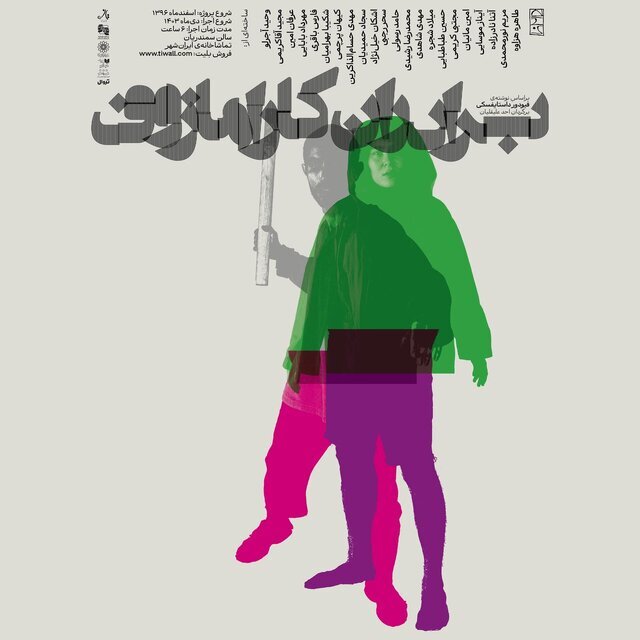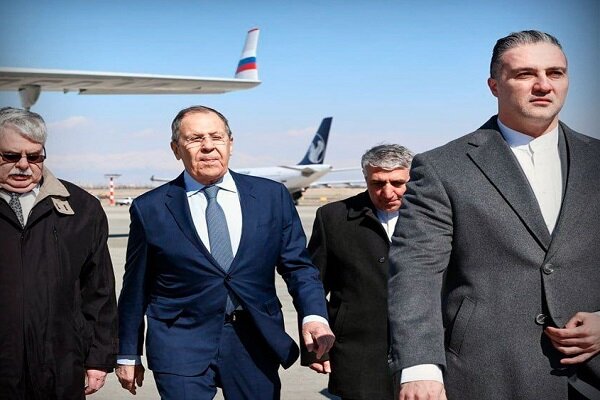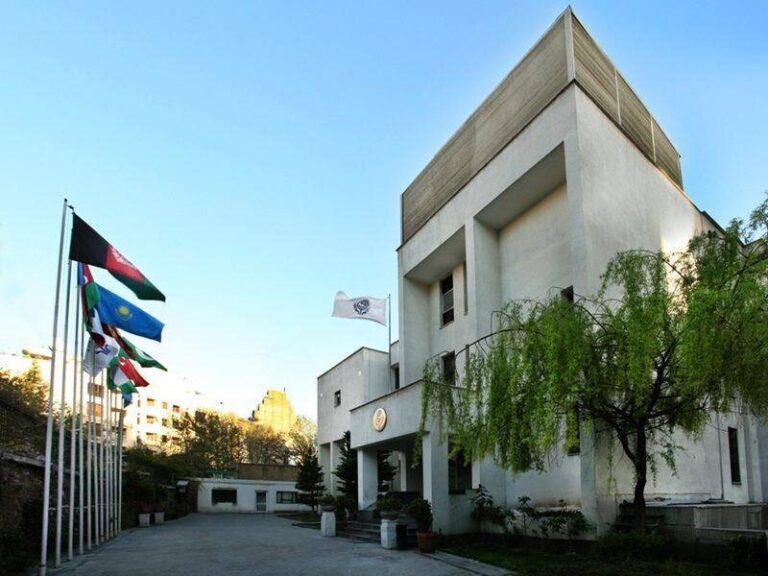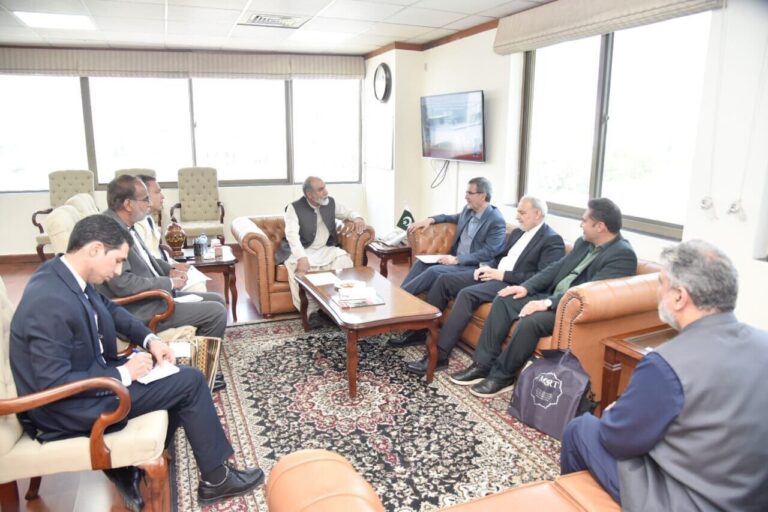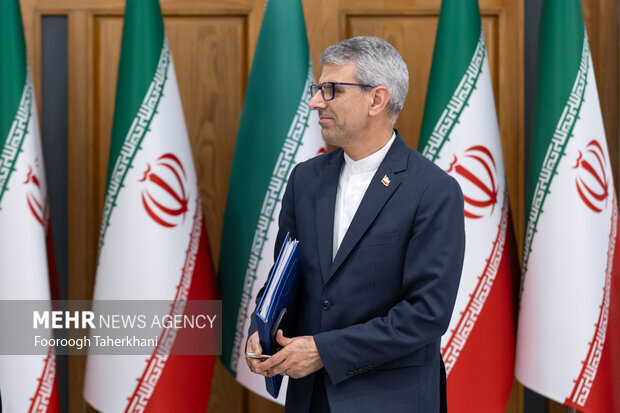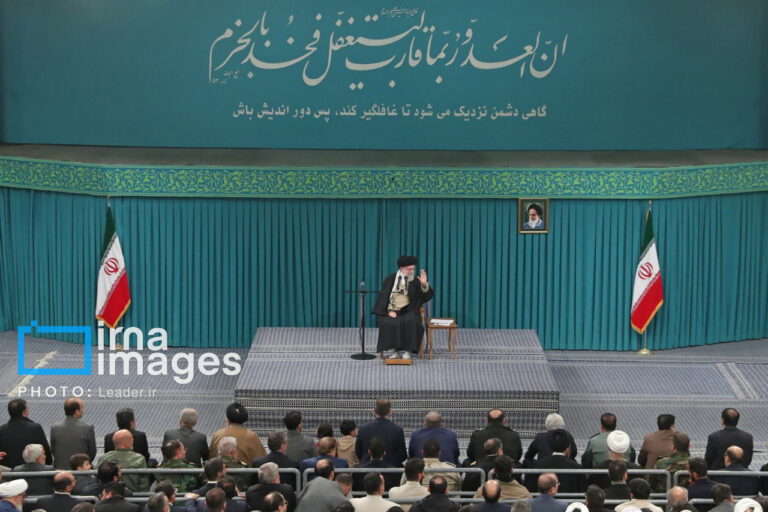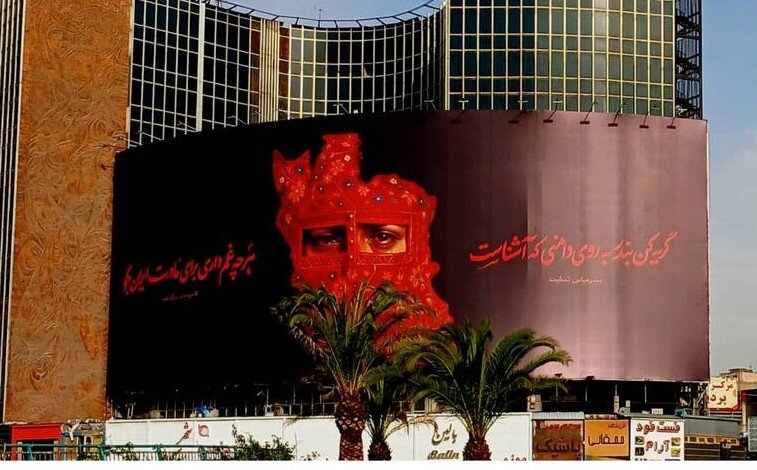Iranian Director Revives Dostoevsky’s ‘The Brothers Karamazov’ in Captivating Tehran Production
Tehran’s vibrant theater scene is set to welcome back an adaptation of Fyodor Dostoevsky’s classic novel, “The Brothers Karamazov,” directed by the talented Ashkan Khalilnejad. This much-anticipated show will take place at the Iranshahr Theater Complex on May 3, offering audiences a unique opportunity to experience the profound themes of faith, morality, and human existence that Dostoevsky masterfully weaves into his work.
The performance, which spans an impressive six hours, was originally staged in January. Due to specific conditions, the show will now run exclusively on Saturdays for approximately one month, allowing theatergoers to immerse themselves in this rich narrative.
The cast of “The Brothers Karamazov” includes notable actors:
- Vahid Ajorlu
- Majid Aqa Karimi
- Milad Shajareh
- Mehrdad Babai
- Shakiba Bahramian
- Sajjad Hamidian
- Tahereh Hazaveh
The performances will commence at 3 p.m. and conclude at 10 p.m., including intermissions, ensuring a comprehensive exploration of the narrative’s depth.
“The Brothers Karamazov” centers around the tumultuous lives of the Karamazov family, beginning with Fyodor Pavlovich Karamazov, a neglectful father whose two marriages yield three very distinct sons: Dmitri, Ivan, and Alyosha. Their complex relationships with their father illustrate a spectrum of grievances and ideological differences.
The family gathers at a local monastery, seeking the wisdom of Elder Zosima to mediate an inheritance dispute between Dmitri and Fyodor. Unfortunately, Fyodor’s provocations thwart any chance for reconciliation, leading to escalating tensions within the family.
Throughout the narrative, Elder Zosima’s attempts to console those in grief reveal Dostoevsky’s poignant themes of suffering and compassion, reflecting the author’s own encounters with loss. As the plot progresses, the intricate love triangle involving Dmitri, Grushenka, and Fyodor intensifies, culminating in a volatile confrontation that exposes deep psychological wounds.
The introduction of Smerdyakov, Fyodor’s illegitimate son, further complicates the family dynamics, enriching the narrative with additional conflict. A subplot featuring Alyosha and a sickly boy named Ilyusha encapsulates themes of childhood innocence and societal cruelty, showcasing Alyosha’s compassionate nature as he seeks to foster connections among those in pain.
The philosophical debates between Ivan and Alyosha serve as a catalyst for intense discussions surrounding faith and human suffering. A pivotal moment occurs when Ivan shares the “Grand Inquisitor” parable, challenging the very foundations of faith and morality and creating a rift between the brothers.
Elder Zosima’s teachings on forgiveness and the interconnectedness of human actions add moral weight to the narrative, especially following his death. The decay of Zosima’s body prompts profound questions about faith, doubt, and the essence of holiness, complicating the characters’ beliefs.
As tensions mount, Dmitri’s desperate quest for love and financial security leads him down a dark path, culminating in violence against his father. Despite vehemently denying the allegations, circumstantial evidence positions Dmitri as the prime suspect, exposing the chaos of his emotions and lifestyle while delving into broader existential queries.
The lives of younger characters, particularly Ilyusha and Kolya, are also explored, showcasing their struggles against societal challenges. Ivan’s mental decline reaches a climax in a confrontation with Smerdyakov, unveiling a deeper complicity in the family’s tragic fate and intensifying the exploration of guilt and responsibility.
The courtroom drama surrounding Dmitri’s trial serves as a sharp satire on societal views and legal proceedings. Katerina’s dramatic testimony and the emotional turmoil it incites ultimately seal Dmitri’s fate, emphasizing themes of love, betrayal, and injustice that resonate throughout the story.
In the concluding sections of “The Brothers Karamazov,” hope emerges through plans for Dmitri’s escape and his reconciliation with Grushenka. Alyosha’s farewell at Ilyusha’s funeral encapsulates the novel’s themes of love, unity, and remembrance as he encourages the youth to cherish their connections and recalls the Christian promise of reunion. This poignant moment captures Dostoevsky’s exploration of redemption, faith, and the enduring power of love amidst suffering and moral complexity.
Don’t miss this remarkable adaptation of “The Brothers Karamazov” at the Iranshahr Theater Complex, where audiences will be treated to a profound exploration of Dostoevsky’s timeless themes. Mark your calendars for May 3 and prepare for an unforgettable theatrical experience.
